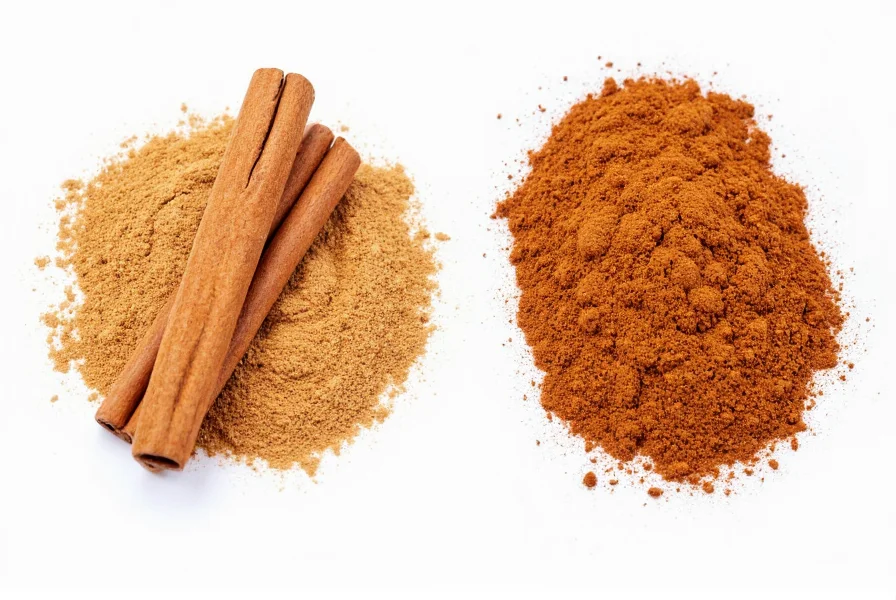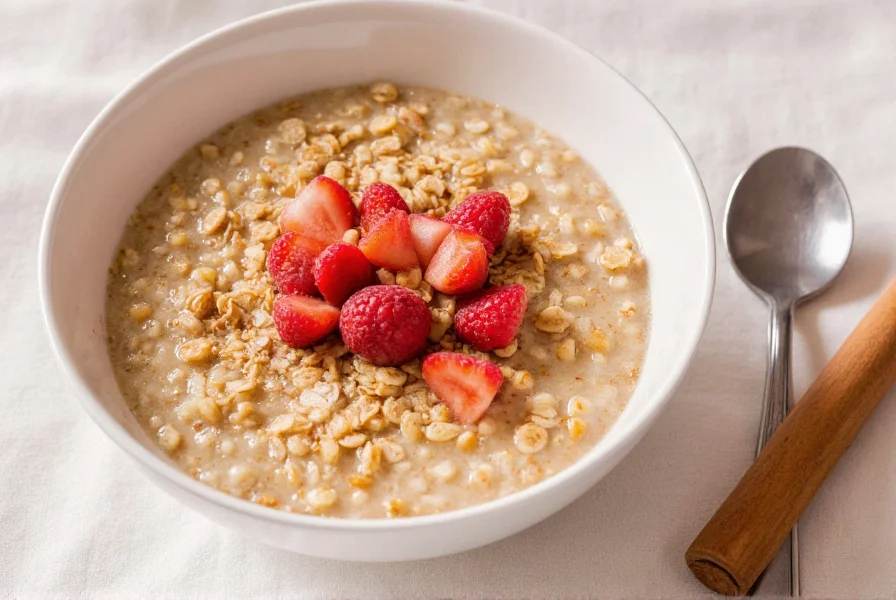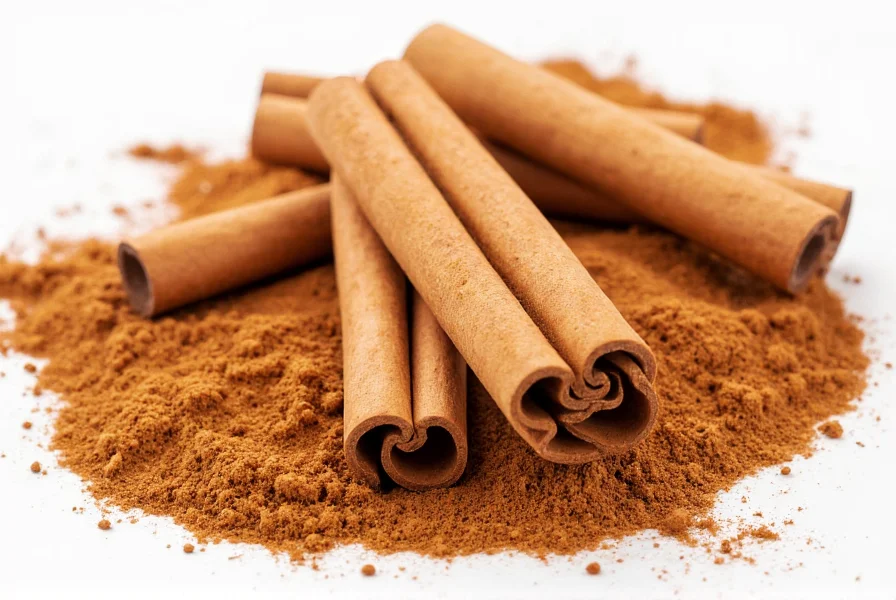Understanding Cinnamon's Potential Health Effects
When people search for does cinnamon lower blood sugar or does cinnamon lower cholesterol, they're typically looking for natural approaches to manage these health concerns. Let's examine what current scientific evidence actually says about cinnamon's effects on metabolic health.
The Science Behind Cinnamon and Blood Sugar Regulation
Multiple studies have investigated whether cinnamon supplements lower blood glucose levels in people with type 2 diabetes. A 2013 meta-analysis published in the Journal of the Academy of Nutrition and Dietetics reviewed 16 studies and found that cinnamon supplementation significantly reduced fasting blood glucose levels, though the effect size was modest.
However, more recent research presents a more nuanced picture. A 2020 systematic review in Critical Reviews in Food Science and Nutrition concluded that while some studies show benefits, the overall evidence remains inconsistent. The researchers noted that many studies had methodological limitations, small sample sizes, or short durations.
| Study Type | Findings on Blood Sugar | Limitations |
|---|---|---|
| Short-term clinical trials (4-12 weeks) | Modest reduction in fasting glucose (3-10%) | Small sample sizes, variable cinnamon doses |
| Long-term studies (>6 months) | Minimal to no significant effects | Limited number of high-quality long-term studies |
| Animal studies | More pronounced blood sugar effects | Results don't always translate to humans |
Cinnamon's Potential Effects on Cholesterol Levels
When examining does cinnamon lower cholesterol naturally, research shows similarly mixed results. Some studies suggest cinnamon may modestly improve lipid profiles:
- A 2019 study in Nutrition Research and Practice found cinnamon supplementation reduced LDL cholesterol by approximately 10 mg/dL
- Research published in the American Journal of Clinical Nutrition noted potential improvements in triglyceride levels
- However, these effects were generally modest and not consistent across all studies
It's important to note that these potential benefits shouldn't be overstated. The American Heart Association doesn't currently recommend cinnamon as a cholesterol management strategy due to insufficient evidence.
Different Types of Cinnamon and Their Potency
Not all cinnamon is created equal when considering does cinnamon lower blood sugar effectively. There are two main varieties:

- Ceylon cinnamon ("true" cinnamon) - Contains lower levels of coumarin, a compound that can be harmful to the liver in large amounts
- Cassia cinnamon (most common in supermarkets) - Higher coumarin content but more studied for potential blood sugar effects
Most research on blood sugar has used Cassia cinnamon, but the higher coumarin content raises safety concerns for long-term, high-dose use.
Practical Considerations for Cinnamon Consumption
If you're exploring how much cinnamon to take to lower blood sugar, current research suggests doses between 1-6 grams daily (approximately 1/2 to 2 teaspoons), though optimal dosing remains unclear. More isn't necessarily better, especially with Cassia cinnamon due to coumarin content.
For those concerned about does cinnamon interact with diabetes medications, it's important to consult your healthcare provider. While significant interactions aren't well-documented, cinnamon's potential blood sugar effects could theoretically enhance medication effects, potentially leading to hypoglycemia.
Realistic Expectations for Cinnamon's Health Benefits
The question can cinnamon really lower blood sugar significantly deserves an honest answer: current evidence suggests any effects are modest at best. A comprehensive review by the European Food Safety Authority concluded that while cinnamon shows some promise, the evidence isn't strong enough to support health claims about blood sugar regulation.
Consider cinnamon as a potential complementary approach rather than a primary treatment. The most effective strategies for managing blood sugar and cholesterol remain:
- Regular physical activity
- Healthy, balanced diet
- Medication as prescribed by your healthcare provider
- Regular monitoring of health markers

When to Consult a Healthcare Professional
If you're considering using cinnamon specifically to address blood sugar or cholesterol concerns, discuss this with your healthcare provider first. They can help you understand whether does cinnamon lower blood sugar enough to matter in your specific situation and whether it might interact with any medications you're taking.
Remember that natural doesn't always mean safe, and supplements aren't regulated as strictly as medications. What works in a controlled study might not translate to real-world benefits for everyone.
Conclusion: A Balanced Perspective on Cinnamon's Health Effects
The question does cinnamon lower blood sugar and cholesterol has generated significant interest, but the scientific evidence remains inconclusive. While some studies show modest potential benefits, the effects are generally small and inconsistent across research.
Cinnamon can be a flavorful addition to a healthy diet, but it shouldn't replace evidence-based treatments for diabetes or high cholesterol. More high-quality, long-term research is needed before definitive conclusions can be drawn about cinnamon's therapeutic potential for blood sugar and cholesterol management.











 浙公网安备
33010002000092号
浙公网安备
33010002000092号 浙B2-20120091-4
浙B2-20120091-4